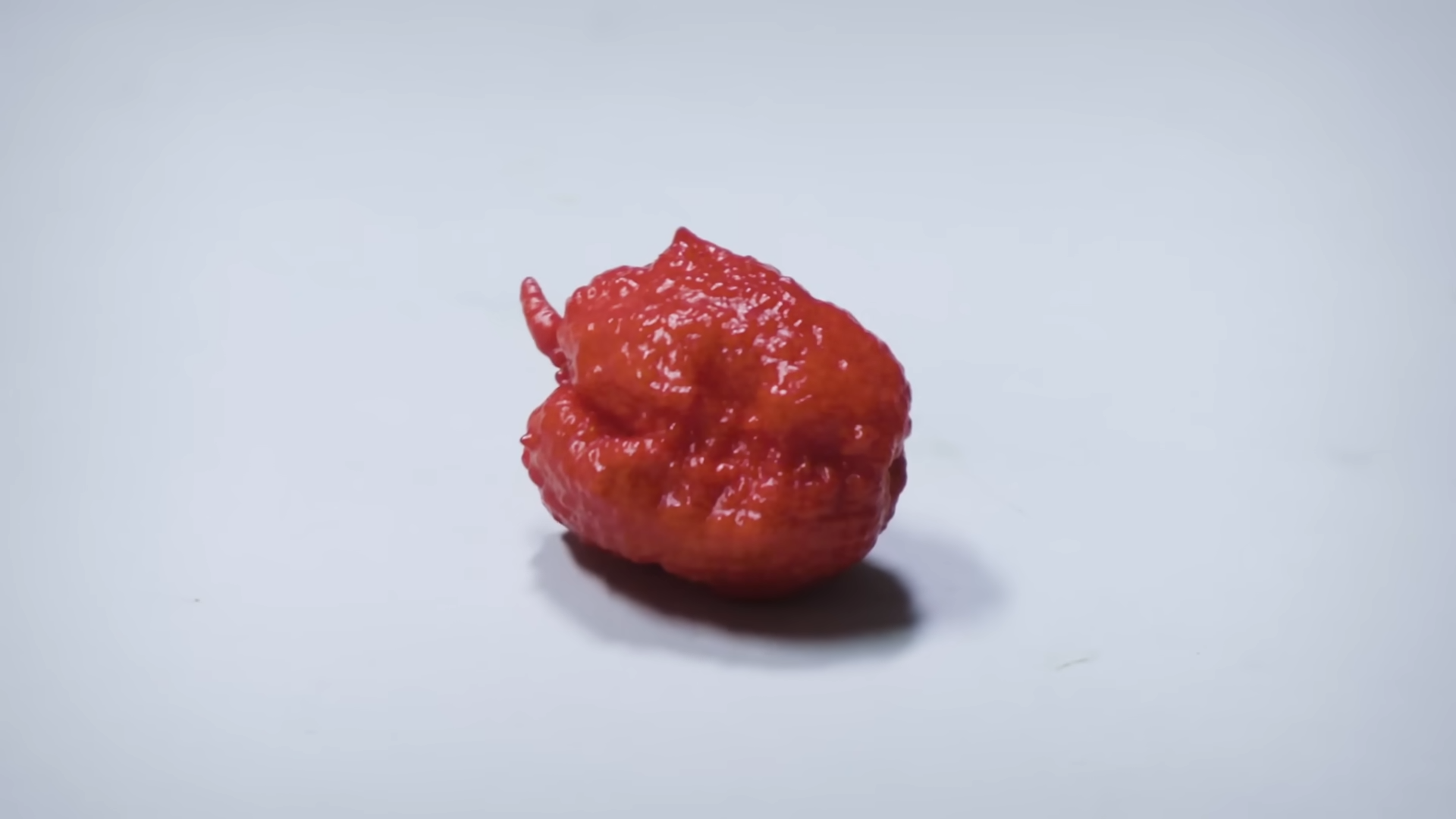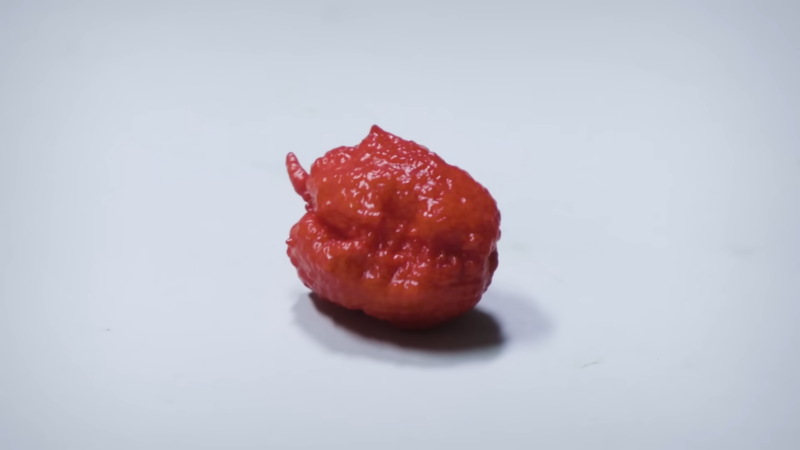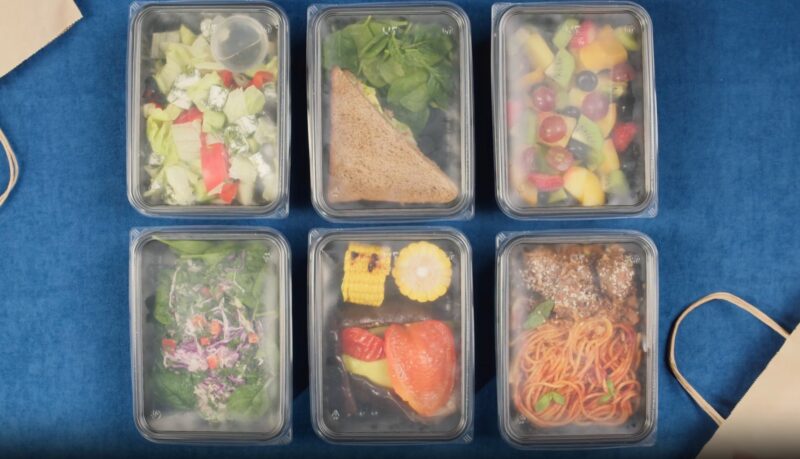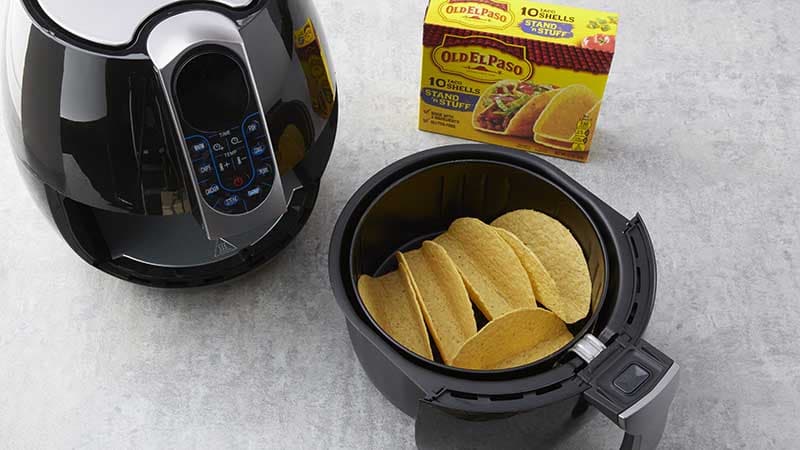
Who doesn’t love eggs? Eggs are commonly used in various food recipes, such as sandwiches, salads, and soup. It is a go-to food for people seeking to load up on proteins without gaining weight.
On hectic days, finishing breakfast only becomes an option. Leftovers, such as scrambled eggs, are often left untouched. However, this should not be the case anymore once you know how to preserve them.
I know many of you are probably wondering and asking, “Can you freeze scrambled eggs?” A straightforward answer to that is, YES.
In this article, you will learn the proper way of cooking scrambled eggs so that they do not spoil quickly. You will also learn how you can freeze scrambled eggs and reheat them.
Table of Contents
ToggleAre Scrambled Eggs Good for the Body?

No matter what time of the day, scrambled eggs are ideal for any meal. It can be used as an additional ingredient to make simple recipes extra special. They are filling and are easy and quick to prepare. For a more delicious and nutritious scrambled egg meal, try adding chopped vegetables such as onions, peppers, zucchini, and mushrooms.
For moms, bodybuilders, dieters, students, and people on-the-go, simple egg recipes are readily made in the kitchen. Whether you prefer munching on hard-boiled eggs, sunny side up, or scrambled eggs, they are easy to prepare and do not take much of your time.
Scrambled eggs have high protein content, which supports the proper functioning of cells. Protein also maintains balance in the body’s hormone and works best in nourishing the muscles. Due to the presence of protein, eggs are linked to weight loss.
Scrambled eggs contain Vitamin B5, also known as pantothenic acid. Vitamin B5 performs a critical function in energy production by assisting the cells in breaking down nutrients and transforming them into fuel. Further, Vitamin B5 is an excellent help in the production of sex hormones.
By consuming scrambled eggs, you also boost your choline and selenium intakes. Choline assists in maintaining proper nerve function. It comprises part of the cell membranes and aids the body in the formation of chemical required for cell communication.
On the other hand, selenium in scrambled eggs supports the immune system function. It likewise balances free radicals associated with cancer development and trigger cell damage.
Eggs should be made part of our diet because it helps in growing and re – growing muscles that have been damaged.
What Is Freezer Burn and How Serious Is It?
There are instances when foods placed in a freezer look parched or discolored. There are frost and dry spots around them. So, what brought this change?
Freezing is a food preservation method. When foods are frozen, the water molecules develop into ice crystals. As soon as the water molecules are entirely gone, the food becomes dehydrated, thus, resulting to freezer burn.
You might be wondering, “How did that happen?”
Your meal was probably not tightly packed so that water molecules can flee and look for a better place. A freezer burn will also take place for foods kept in the freezer for an extended period. Typically, the amount of time required for the storage of products in the freezer is limited.
Your freezer temperature may have exceeded 0-degree Fahrenheit. Freezer burn is set at temperatures above 0-degree Fahrenheit at varying temperature. It is also feasible for oxygen molecules to penetrate when water molecules flee from your frozen food. The molecules of oxygen may obscure the color and change your frozen product’s flavor.
Food that comes with freezer burn is safe to eat, but you might no longer like its taste and texture.
Can You Freeze Scrambled Eggs?

Freezing is an excellent way to keep food fresh for later use. If food is not entirely covered or closed before freezing, it may form freezer burn, leading to a rubbery texture and off-taste in the food. It takes approximately four months to keep foods frozen. However, foods should be inspected every month.
Can you freeze scrambled eggs? Yes, you can. However, if you ask, “Will the foods have the same texture and flavor when reheated?” The response is no. After the cooking phase, cooked food tends to shed some of its moisture. When cooked food is frozen, the moisture from the food expands, just like any liquid when frozen.
The moisture leaks once you thaw them. The freezing process damages the cooked food’s cell walls, and that moisture is not kept the way it was when thawed. But you can do some ways to make them more enjoyable.
How Can You Freeze Scrambled Eggs?
As mentioned, freezing is a process, which means that freezing foods undergo a step-by-step procedure. There are various reasons to freeze eggs. One of those reasons is to avoid spoilage. When eggs are adequately preserved, you can still use them on your next meal or recipe.
Step 1: Cook the Eggs

Before freezing, cooking the eggs would be an ideal thing to do. But this is not your usual type of cooking. There are specific techniques you need to implement.
Technique 1: Add Salt
Try to add some more salt when you cook scrambled eggs. Salt coexists with water. Naturally, salt attracts moisture. When thawing the eggs, more moisture is retained due to the presence of salt.
Technique 2: Undercooking the Eggs
You can use another method to get a stronger texture when your thawed eggs are cooked. Provide storage for your scrambled eggs while still runny so that they will have even greater moisture. Now you get an excellently-cooked scrambled egg when you heat them up again.
Step 2: Freezing the Scrambled Eggs

There are two options in freezing – either you will have the easy way, which is putting everything inside the freezer; or the detailed way, which involves packing them well in separate containers.
To make freezing more efficient, there are some techniques you can employ.
Technique 1: Store them by batch on separate containers.
If you have a whole large plate of scrambled eggs, consider storing them by batch on individual separate containers. The rationale behind this is to avoid thawing everything for minimal servings. Subsequently, you get to preserve the rest of the scrambled eggs for later use.
Technique 2: Keep the scrambled eggs on air-tight containers.
Air-tight containers are beneficial in making sure that the eggs do not lose their moisture. When scrambled eggs are exposed to the freezer atmosphere, this usually leads to freezer burn, which gives the eggs an awful texture once reheated.
Technique 3: Keep the eggs flat when storing them.
The last thing you want to happen is to have no space for other foods in your freezer. Therefore, it is essential to store the eggs properly. One way to save space is to keep the eggs flat just like burger patties.
Keeping the eggs flat has another advantage. When you reheat them on a pan, the eggs will be heated evenly, saving you time in reheating, and achieving an even and better texture.
Technique 4: Keep a journal indicating the date you prepared the scrambled eggs.
You might find this funny or weird, but this does make sense. Try jotting down the date you made your scrambled eggs. In this way, you will be prompted to eat the remaining eggs and cook a new set. Since freezing stored foods have certain time limits, your journal will remind you not to leave the scrambled eggs in the freezer for extended periods.
Can You Freeze Uncooked Scrambled Eggs?

Now that you are familiar with the procedures in freezing “cooked” scrambled eggs, let us explore the procedures in freezing “uncooked” scrambled eggs. The question is, “Can you freeze uncooked scrambled eggs?” The answer is – YES.
Freezing uncooked scrambled eggs will make the eggs last for a year in your freezer. However, it is still advised to cook the eggs between three and six months from the time of storage.
The next question is, “How can you freeze uncooked scrambled eggs?”
Freezing uncooked scrambled eggs is plain and easy. Apply the following step-by-step process to get it right.
| Step 1: | Crack and mix
Determine how many eggs you want to store in your freezer. Once you have determined the number, crack them open and mix them well in a bowl. |
| Step 2: | Add seasonings
Consider adding seasoning on your egg mixture. You may add either sugar or salt. Adding some seasoning will not only make the eggs flavorful and tasty, it will also prevent the eggs from getting a jelly-like consistency after thawing. |
| Step 3: | Store and label
Place your egg mixture inside an air-tight bag or ziplock bag. Seal it carefully and put a label indicating the date you cracked them open. Then, freeze. |
Thaw and Reheat: The Ultimate Procedures
After freezing your scrambled eggs for some time, all you want to do now is to eat them. But you can’t just devour the eggs straight away. There are procedures you need to follow for a better taste and texture. These procedures include thawing and reheating.
A. If you plan to consume your scrambled eggs the following day, here are the steps:
- Take the scrambled eggs from the freezer the night before.
- Cool the scrambled eggs at room temperature so that it is completely thawed the following day and ready for reheating.
- Heat your scrambled eggs immediately.
B. Options for Reheating
When reheating the scrambled eggs, you have a lot of choices on how to do it.
Option 1: Using a Stove
- Using a non-stick frying pan, pour some oil. Then, put your scrambled eggs.
- Start the reheating process in a medium fire.
- Add seasoning to improve the taste.
Option 2: Using a Microwave
- Put the egg in a microwaveable container.
- Cover the container and start microwaving for a minute.
- Reheat the eggs for an extended period if you are not satisfied with how hot your scrambled eggs are.
FAQ
1. Can you freeze scrambled eggs with cheese?
Yes, you can freeze scrambled eggs with cheese. However, it is best to add the cheese after reheating the eggs as cheese can become rubbery and separate when frozen.
2. Can you freeze with vegetables?
Yes, you can freeze scrambled eggs with vegetables. Cook the vegetables first, let them cool, and then add them to the scrambled eggs before freezing. This will help prevent the vegetables from becoming mushy when reheated.
3. Can you freeze in a Ziploc bag?
Yes, you can freeze scrambled eggs in a Ziploc bag. Make sure to remove as much air as possible from the bag before sealing to prevent freezer burn.
4. How long?
You can freeze scrambled eggs for up to three to six months. Beyond that, the quality may begin to deteriorate.
5. Can you freeze leftover scrambled eggs?
Yes, you can freeze leftover scrambled eggs. Follow the same procedures for freezing cooked scrambled eggs mentioned in the article.
6. How do you thaw frozen scrambled eggs?
To thaw frozen scrambled eggs, place them in the refrigerator overnight. Alternatively, you can use the defrost setting on your microwave, making sure to stir the eggs every 30 seconds until they are fully thawed.
7. Can you refreeze scrambled eggs?
No, you should not refreeze scrambled eggs. Once they have been thawed, they should be consumed within two days. Refreezing can lead to bacteria growth and foodborne illness.
8. Can you freeze egg whites or yolks separately?
Yes, you can freeze egg whites or yolks separately. Simply separate them and store them in airtight containers or freezer bags before freezing. Thaw in the refrigerator before use.
9. Can you freeze raw scrambled eggs?
While it is possible to freeze raw scrambled eggs, it is not recommended as the texture may be compromised. It is best to cook the eggs before freezing them.
Conclusion
Whether cooked or uncooked, scrambled eggs can be frozen. Freezing scrambled eggs can only become successful through implementation of the right steps and procedures. Most importantly, always remember that frozen scrambled eggs have time limitations. It is best to consume them within three to six months from the time they were put into the freezer.
Related Posts:
- Can You Make Meatloaf Without Eggs? - Yes, you can!
- Can You Freeze Chicken Salad? - Preserving Freshness
- Can You Freeze Mozzarella Cheese? Saving Your Cheese…
- Vegetables That You Can Freeze Without Blanching -…
- What Goes with Cornbread and Makes it Tastier? -…
- 10 Best Dipping Sauces for Grilled Meat - Discover…

